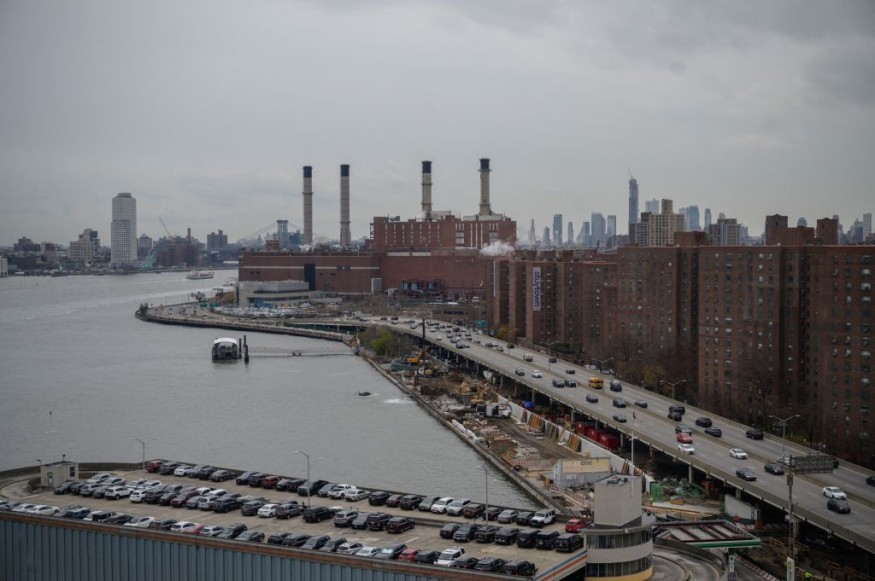
For three years, oceans around the world are by far the warmest on record according to a new research. Scientists say that ocean temperatures are "overwhelmingly due to planet-warming fossil fuel emissions."
"We want to stress that global warming is actually ocean warming, and ocean warming has serious consequences," said Lijing Cheng, lead author on the report and climate and environmental science professor with the Institute of Atmospheric Physics at the Chinese Academy of Sciences. "Ocean warming keeps breaking records, which is a reminder that the world needs action to combat climate change."
The annual study, published in the journal Advances in Atmospheric Sciences, found that ocean warming continued to 2021 since the late 1950s, and the past five years have been the hottest five on record.
Ocean temperature better indicates climate crisis
Kevin Trenberth, an author on the report and scientist at the National Center for Atmospheric Research in Colorado says that ocean temperatures can determine climate crisis better than air because natural cycles like La Niña and El Niño do not factor greatly in ocean warming. In fact, last year, warming had continued despite La Niña conditions in the Pacific Ocean.
This finding further evidenced that global heating had been caused predominantly by humans and anthropological activities.
"The impacts are perhaps subtle but profound," Trenberth told CNN. "To stop this [trend], we really need to get to net-zero [emissions], and many countries have plans but not enough actions to support those. In the meantime, we must prepare better and build resilience."
Ocean warming have far greater consequences
Warming oceans have far-reaching impacts dangerous to man such as creation of powerful storms, hurricanes and intense rainfall which leads to deadly flooding.
2021's weather events have never been far more devastating, with the impacts from Hurricane Ida in Louisiana and Mississippi, the record-breaking rainfall and deadly flooding tracked over the Northeast and New York City, and Super Typhoon Rai - known locally as Odette - claiming hundreds of lives in the Philippines during the holiday season.
"Warm ocean provides fuel to storms, so ocean warming will naturally support stronger and longer-lasting storms," Cheng said.
"Ocean warming - aside from causing coral bleaching and threatening sea life and fish populations that we rely upon for roughly 25% of our protein intake globally - is destabilizing Antarctic ice shelves and threatens massive meters of sea level rise if we don't act," climate scientist Michael E. Mann at Pennsylvania State University and one of the authors added. "So this finding really underscores the urgency of climate action now."
Cheng noted that oceans will continue warming for decades even after fossil fuel emissions are slashed, but countries are urged to set some goals to recover.
Trenberth explained that although reaching net-zero emissions would end Earth's energy imbalance, "the oceans are slow to respond." Heat will continue to "percolate to greater depths; sea level keeps rising for a lot longer," he said.
Researchers say that even if these world pledges are met, ocean warming will continue and communities should look out for the far-reaching consequences.
© 2025 NatureWorldNews.com All rights reserved. Do not reproduce without permission.





